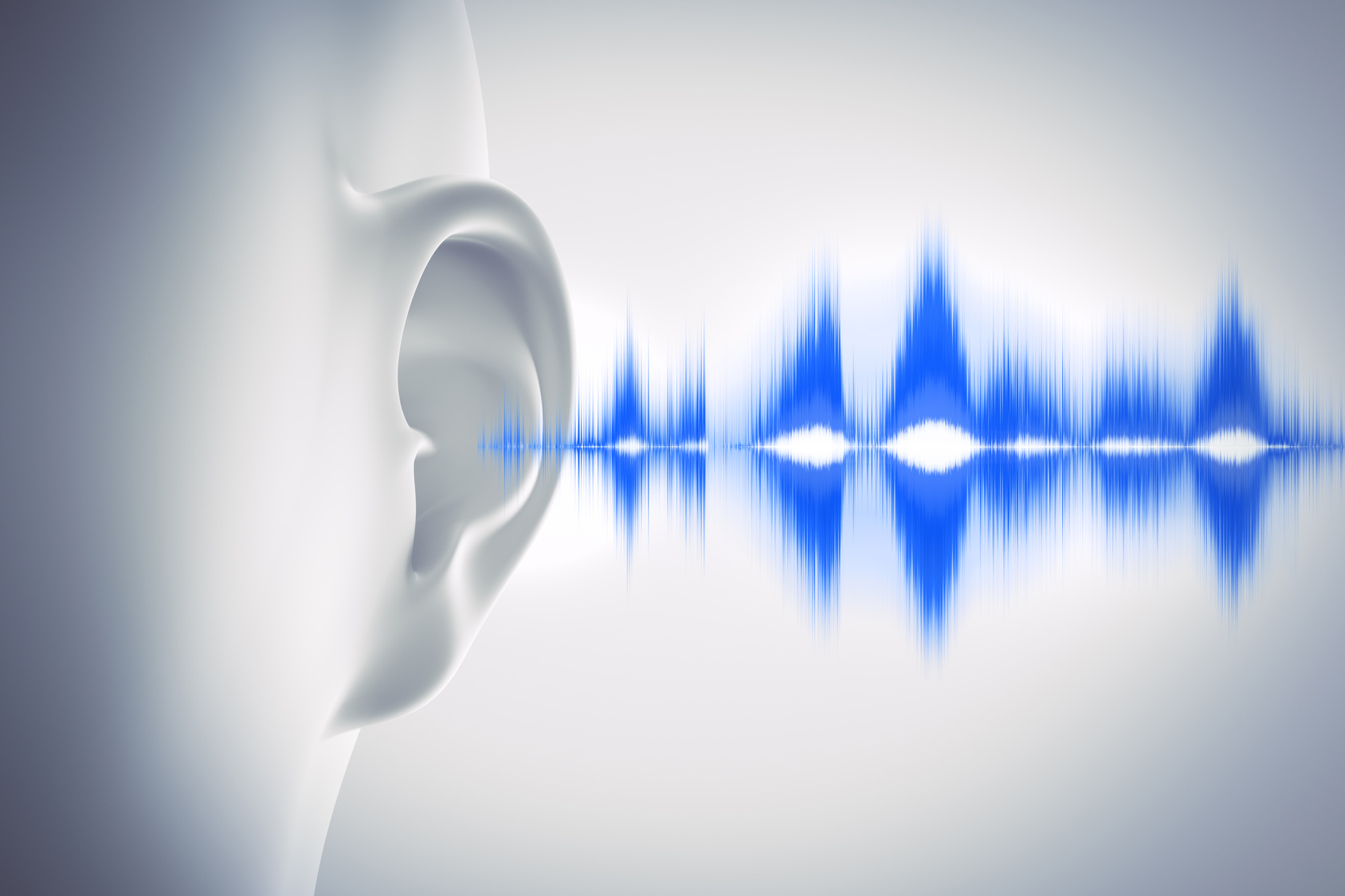There are several potential causes of tinnitus including exposure to loud noises, age-related hearing loss, ear injuries, earwax buildup, dental problems, neurological disorders, and some medications. Exposure to loud sounds is one of the most common causes of tinnitus as it can damage the delicate hair cells in the inner ear that help transmit sound to the brain. As we age, these hair cells can begin to degrade which results in age-related hearing loss and sometimes tinnitus. Ear injuries from things like loud explosions, head trauma, or ear infections can also damage the inner ear. Having excessive earwax buildup or issues with the jaw and teeth can sometimes lead to tinnitus as well due to referred pain and irritation near the ear area. Certain neurological disorders like MS and meningitis have also been linked to tinnitus. Some antibiotics, anti-inflammatories, diabetes and heart medications may cause tinnitus as a side effect too.
Natural Tinnitus Management
While there is currently no cure for tinnitus, there are several natural and lifestyle methods that can help manage symptoms. Practicing sound therapy by using natural sounds like oceans waves, rain or relaxation music played at a soft level can help mask the ringing sound and reduce focus on it. Stress management techniques like yoga, meditation, deep breathing and exercise also help relieve tension and symptoms. Getting adequate sleep, avoiding loud noises as much as possible, and using earplugs if exposed to very loud sounds at work or during hobbies can slow the progression. Some herbal supplements like gingko biloba, melatonin or B vitamins may provide relief for certain individuals as well. It is also important to have regular hearing tests to rule out any treatable underlying causes.
Cognitive Behavioral Therapy
Cognitive behavioral therapy or CBT is one of the most widely recommended tinnitus management options for managing tinnitus. CBT aims to change negative thought patterns and behaviors associated with tinnitus. In CBT sessions, patients work with a counselor to identify thoughts and behaviors that may exacerbate their tinnitus distress like catastrophizing or having obsessive focus on the sound. They learn relaxation techniques, mindfulness strategies and how to shift their thoughts in a more positive direction to reduce stress and anxiety around tinnitus. CBT teaches patients it is normal to have tinnitus but that they have control over how much it impacts their quality of life. Studies have shown CBT to significantly reduce tinnitus-related distress and depression. It is often done individually but can also be effective in group therapy settings.
Masking Devices
Some individuals find relief from tinnitus by using sound generating devices that help mask the perceived ringing sound. These sound therapy devices fit like hearing aids and generate natural soothing sounds or white noise. Users set the masking device to emit sounds at a slightly louder volume level than their tinnitus so it covers up the ringing. Common sounds utilized include ocean waves, rainfall, forest sounds or instrumental music. The devices help create auditory stimulation so the brain is distracted from perceiving the phantom tinnitus noise. Maskers are available in multiple styles from ones worn only during sleep to 24/7 models. Along with CBT, sound masking devices have proven effective tinnitus management for relieving symptoms and improving quality of life for millions of tinnitus sufferers.
Managing Stress Effectively
Chronic stress is one of the main triggers that can make tinnitus louder and more bothersome. Unmanaged, long term stress puts the body into fight or flight mode which raises muscle tension and anxiety levels. This directly impacts neurotransmitter release in the brain and perception of tinnitus. Incorporating relaxation activities like yoga, deep breathing, meditation, massage therapy, listening to calming music or spending time in nature all help counteract the effects of stress. Practicing mindfulness based stress reduction also trains the mind to observe thoughts non-judgmentally and calmly. Managing daily stress is essential for long term tinnitus relief and preventing flare ups. Making self-care a priority through stress reduction strategies can make tinnitus much more tolerable on a regular basis.
When to Seek Medical Help
While lifestyle modifications are very effective for mild tinnitus, some individuals may require additional treatment to better cope with moderate to severe symptoms. Consulting an ENT specialist is recommended if tinnitus appears suddenly after an injury, exposure to loud noises or with symptoms like dizziness, ear pain or hearing loss. Doctors can rule out underlying causes and potentially treat with medication in some cases. If sound therapy methods and stress management fail to relieve tinnitus distress over time, cognitive behavioral therapy and sound masking devices prescribed by an audiologist should be considered. Seeing a therapist is also advisable if tinnitus is interfering significantly with daily life or causing depression and anxiety issues. While there is no cure, numerous tinnitus management options exist to help tinnitus sufferers effectively manage their symptoms on a day to day basis.





